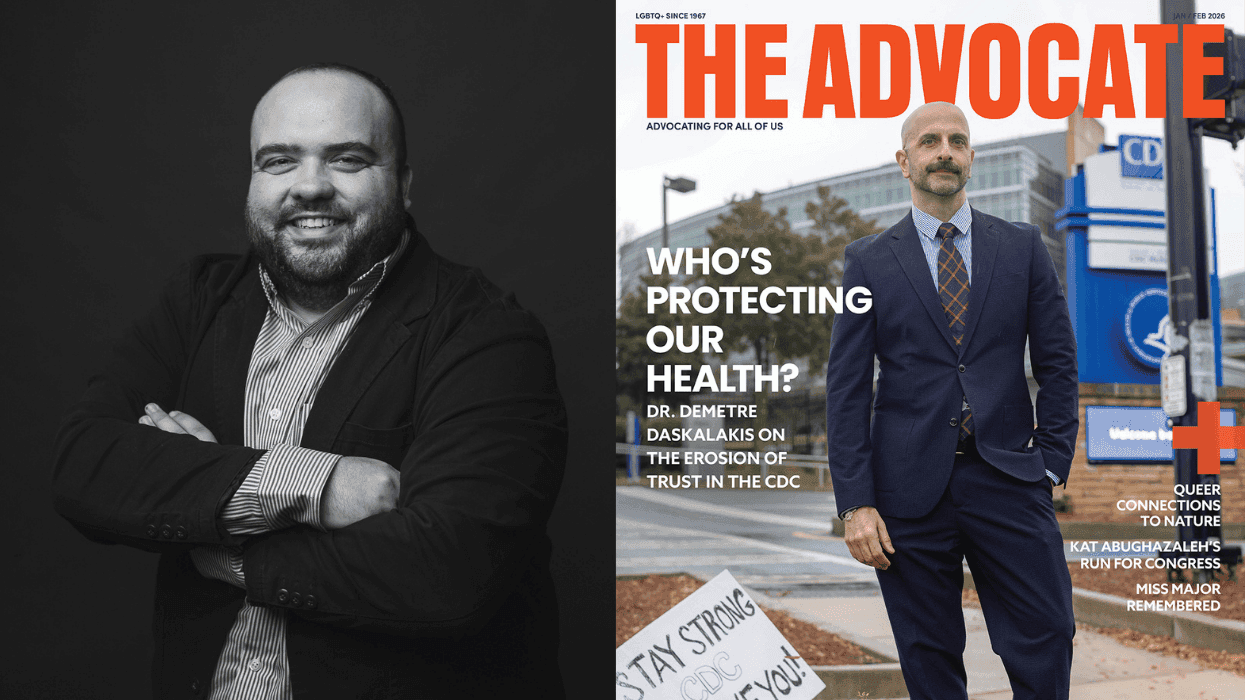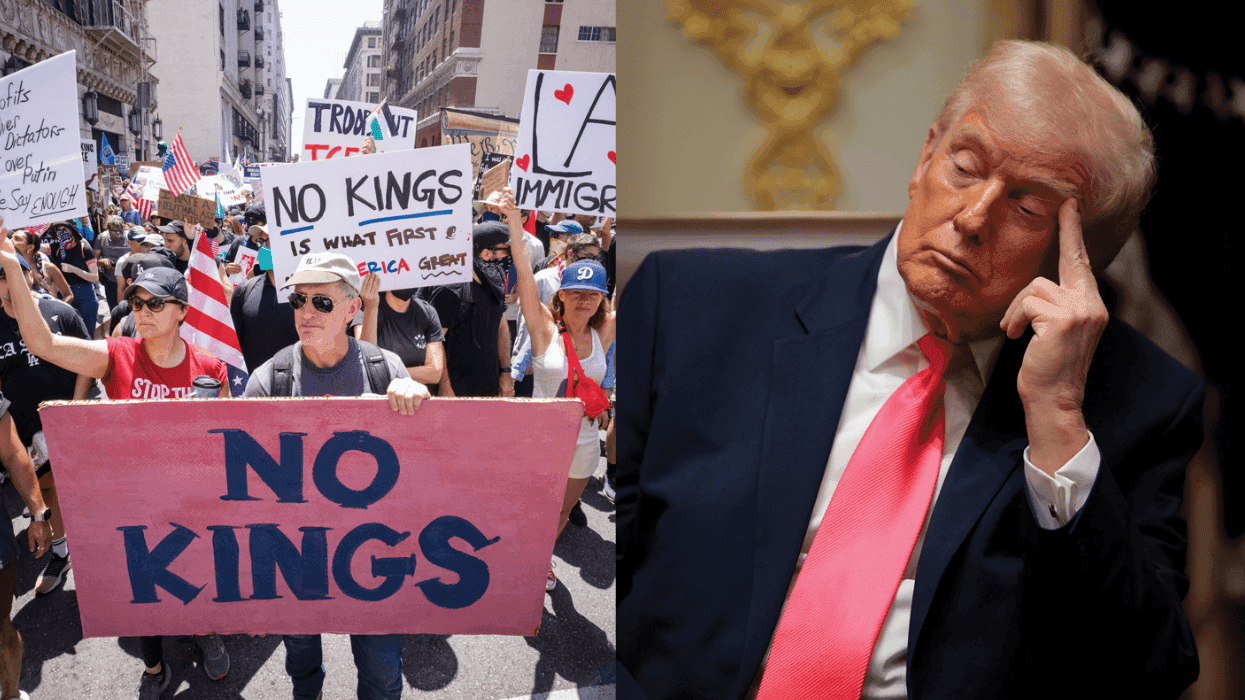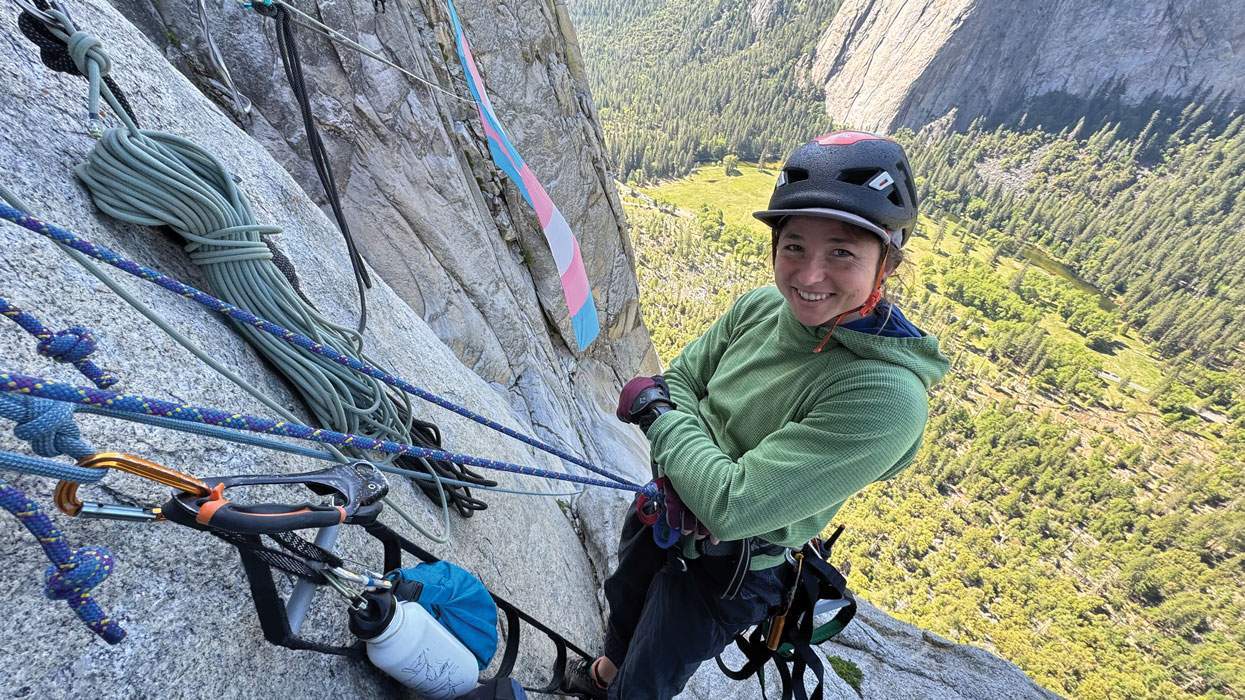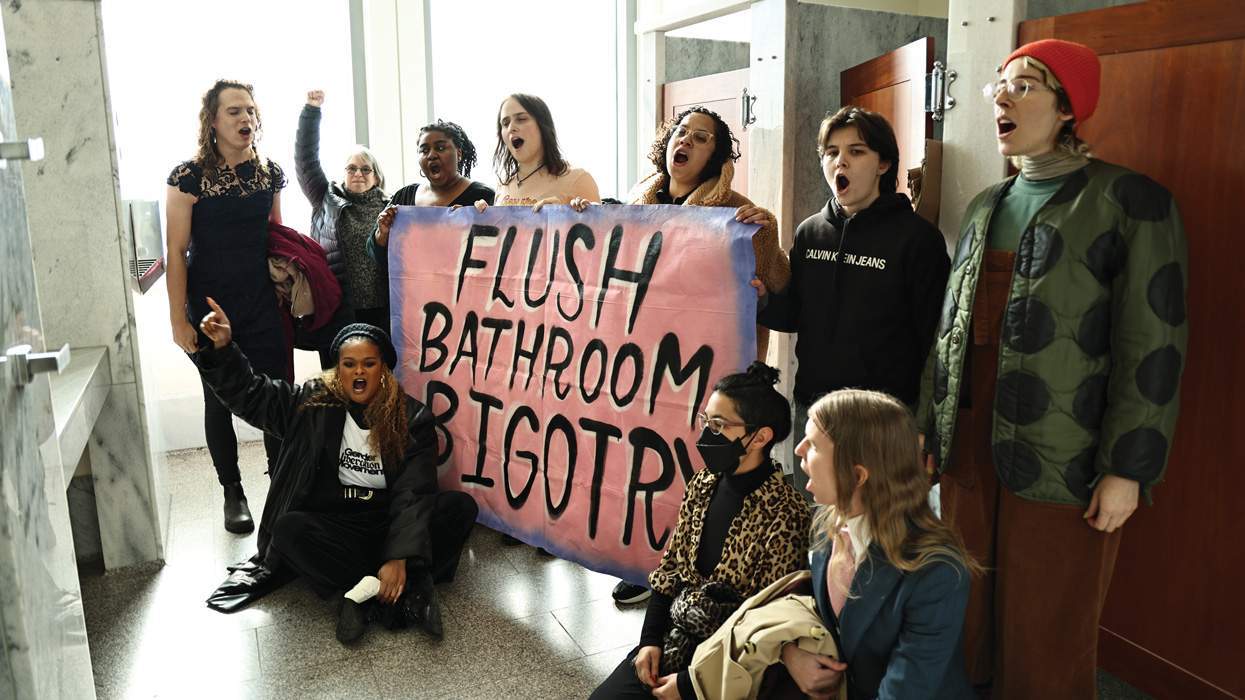Growing up in Nashville in the 1980s, Dee Rees saw few images of young black women on the screen. And fewer still of black lesbians.
One of the rare times she did was in The Color Purple, but when Rees watched that 1985 movie in the company of her parents, they made her cover her eyes for the most important moment -- a kiss between Celie (Whoopi Goldberg) and Shug (Margaret Avery). "When it came to sexuality" -- straight or gay, says Rees -- "they were very closely watching what I was watching."
No doubt a lot of women will be closely watching when Rees's movie Pariah opens in theaters December 25. Her feature writing and directing debut follows Alike (pronounced a-LEE-kay), a black high school girl whose family is coming to realize she's a lesbian. The film screened earlier this year at the Sundance Film Festival, where it was picked up for distribution by Focus Features.
Now Rees is joining the ranks of the extremely short list of black lesbian filmmakers with feature films that have garnered mainstream attention: Cheryl Dunye and Angela Robinson. Other black lesbian filmmakers, like Tamika Miller, Debra Wilson, Shari Frilot, and Yvonne Welbon (who catalogs works by black women directors on her website SistersInCinema.com), have put out films deserving of larger consumption, though they aren't the kind of thing you'll find on Netflix, even today.
"There's a dearth of media around young black women and certainly a dearth of LGBT media for people of color," Rees says rapidly. "Hopefully, this will be a marker in the road, and there will be many more to add to the landscape. There's not a lot out there."
Like Alike's parents, Rees's were not accepting, but the filmmaker did not experience the physical violence that the protagonist of her film does. Rees came out at 27, much later than Alike. When she did, her parents flew from Nashville to New York for an intervention. "It was a hard struggle to get them to realize that nobody did anything wrong and there's nothing wrong with me. And I'm still the same person that I was," she says.
She may be the same person, but Rees has gone through quite a transition. In what she calls her "first life," Rees got an MBA and went to work in marketing and brand management, first for Procter & Gamble in Cincinnati and then for a company that markets Dr. Scholl's products in New York. "I went from panty liners to wart removers and bunion pads, which for me was an upgrade," she jokes.
Still, it led to an actual change in passions. While on a commercial shoot for shoe insoles, Rees realized she wanted to get involved in production. She applied to New York University's film school and was accepted -- just like that. Once there, Rees interned as a script supervisor on the sets of Spike Lee's films Inside Man and When the Levees Broke, where she was impressed not only by the number of people of color in positions of authority but by the number of gays and lesbians. "I've seen more black gay people working on his film sets than on any other film set," she marvels. "I think that speaks a lot to his character."
Lee has become a valued mentor and is an executive producer of Pariah. "He was always around to read a draft or watch a cut," Rees says. "He went through our budget with like a ruler, gave feedback, did things he didn't have to do. He went above and beyond."
Rees can't help but find symbolic significance in Pariah's release on Christmas Day, though talking about it brings her to tears. "When I first came out, holidays were hard," she recalls. "I reached a point where I didn't go home anymore. I constructed my own kind of like family group around Christmas. I think it'll be a good thing for some people who maybe don't have that typical family structure, [they] will have something to go do with their friends [on Christmas]."
Rees wipes away another tear as she takes a gulp of water and a deep breath, finally pausing for a moment. "One Christmas, I went with my friends and my girlfriend at the time, and we saw Dreamgirls," she says. They had a fabulous brunch at a New York hotel. "But I think there was some sadness for me that we weren't all with our families. It was bittersweet -- we all had each other."
She finishes. "So it's a statement, releasing on that day." She pauses again, clear-eyed now. "I hope it works out."















Charlie Kirk DID say stoning gay people was the 'perfect law' — and these other heinous quotes
These are some of his worst comments about LGBTQ+ people made by Charlie Kirk.